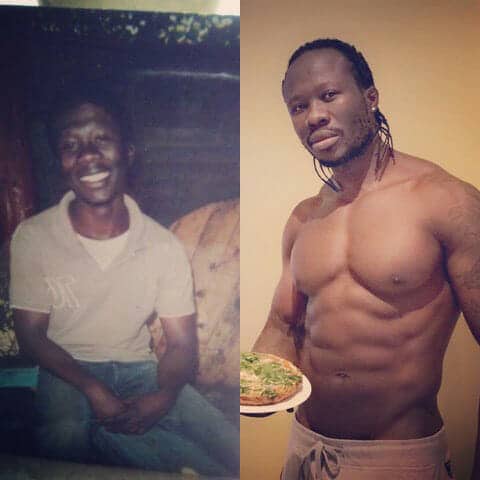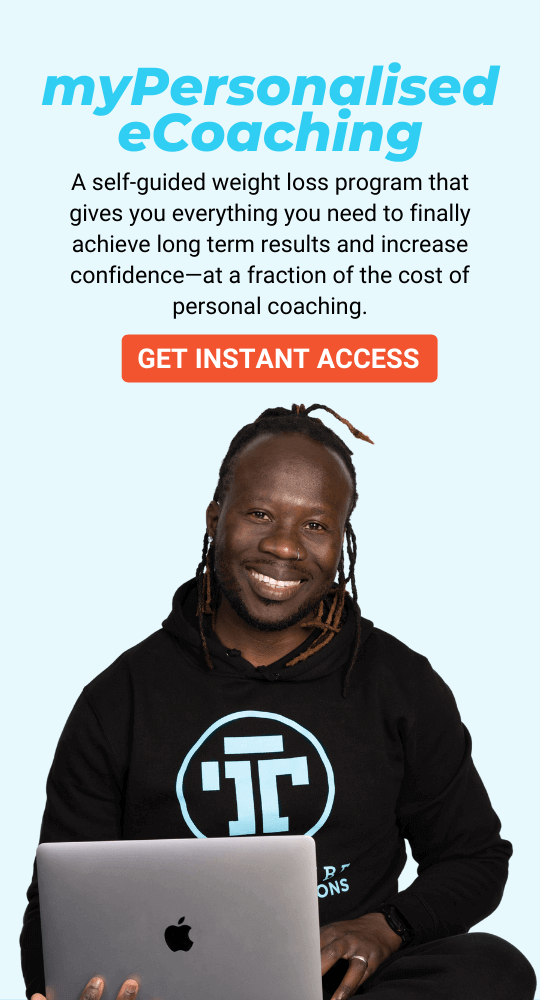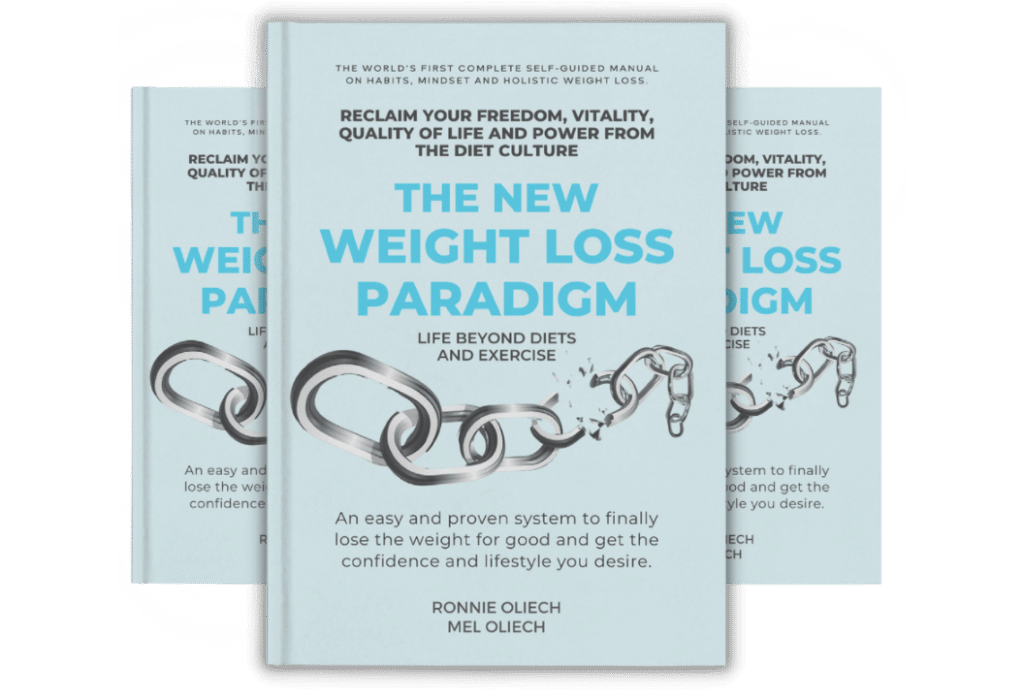How many times have you heard someone say ‘I know what to do to lose weight. I just don’t do it’ or ‘I know I need to eat better, but I just don’t have the willpower’?
Maybe you’ve said these things yourself.
When it comes to weight loss and body shape change, most people know what they need to do, to make it happen. They just don’t do it.
Why?
Because their habits don’t support their actions.
Forget willpower…for now
Despite what many believe, willpower is not the key to success. Willpower is self-control. It’s the ability to resist temptation and not give in to immediate gratification. While you can do this for a while, it’s simply not sustainable in the long-term. This explains why so many people go on restrictive diets, and then come off them again. Some people may be able to exercise a level of self-control longer than others, but eventually everyone needs a break from the amount of pressure and stress this creates.
The keys to long-term success
Roy Baumeister, PhD, a psychologist at Florida State University, who specialises in research into willpower, believes there are three necessary components for achieving goals:
- Have a reason why you want to change — your WHY — and a clear goal
- Monitoring your behaviour while working towards that goal
- Willpower
Notice that willpower is not the first thing required, nor is it the only thing.
Your why
When setting out to achieve anything, it’s important to understand why you want to achieve it. What does it mean to you? What will you get when you succeed? Without a strong WHY, you’ll never have a reason to continue when it gets difficult, and you’ll never be willing to find a way, when you come up against an obstacle. This is the same for body transformation. Getting our clients to identify their WHY is one of the first things we help them to do.
Your behaviour (habits)
Even if you’ve identified your WHY and set a clear goal for your weight loss or body shape change, it’s almost impossible to achieve results and keep them, unless you’re aware of your behaviours. We like to call them habits.
All of us have habits. They are the behaviours and thoughts we engage in without even realising. We do these things unconsciously — sometimes they can serve us well, but often they derail us from success.
Habits at work
For example, you might decide that you’re going to do all you can to lose weight for summer. You’ve set yourself a realistic goal, worked out a menu for the week, prepared some food in advance, and scheduled your exercise sessions for the week. You’re feeling motivated and excited.
Things go well for the first couple of days. You’re sticking to your exercise plan, you’re eating well and even getting to bed earlier than usual. You’re feeling great. But then you have a bad day at work. Clients are rude to you, your boss asks you to do some urgent work on top of your already heavy workload, your colleagues are noisy and disruptive, and you miss your train, meaning you get home later than usual.
By the time you do get home, you’re feeling stressed, angry and tired. So instead of eating the food you’ve already prepared, you end up bingeing on pizza and wine. The next morning, you wake up feeling groggy and lethargic and tell yourself that it won’t hurt to skip your morning walk. And then, because you’ve already ‘fallen off the wagon’, you give in to your old habit of believing that you’ve already failed, so why even bother.
Habits beat intentions every time
In the example above, you can see how an automatic reaction has a domino effect, and before you know it, you’re doing things you had no intention of at the start of the day. In this example, the trigger is a bad day at work, which causes stress. Your automatic response is to comfort yourself with pizza and alcohol. This then leads you to feel less than ordinary the next morning, which means you then skip your workout, think that you’ve already failed, and then give up completely.
But a person who is aware of their habits would stop and think before automatically reaching for alcohol and take-away. And a person who has changed this habit, would have a different routine for dealing with stressful days, which may include going for a walk, relaxing with a book, or getting an early night.
You see, there’s no getting around the fact that your habits, will beat your intentions every single time.
What about willpower?
Willpower may be useful when you’re learning to replace negative habits with better ones. For example, a person who is learning to manage stress in the example above may still want to order pizza, but because they’re aware of their habit, and why they’re working on changing it, they’re able to avoid giving in to their craving.
However, the real power is in changing habits. In the example above, when you change your negative habit of dealing with a stressful day, to a habit that will keep you on track with your weight loss efforts, the thought of ordering pizza and wine will feel foreign and unappealing to you.
Are you beginning to see why success isn’t about what you do, but why you do it?
Changing habits one at a time
At Imani Tribe we help our clients change their keystone habit that’s preventing them from getting the body they desire, to a habit that will help them succeed.
We know that habits can be hard to change, so we give you strategies and an action plan to enable you to do it. It may not always be easy, but it’s always worth it, and we’ll be with you every step of the way.
Click below to get started.


















